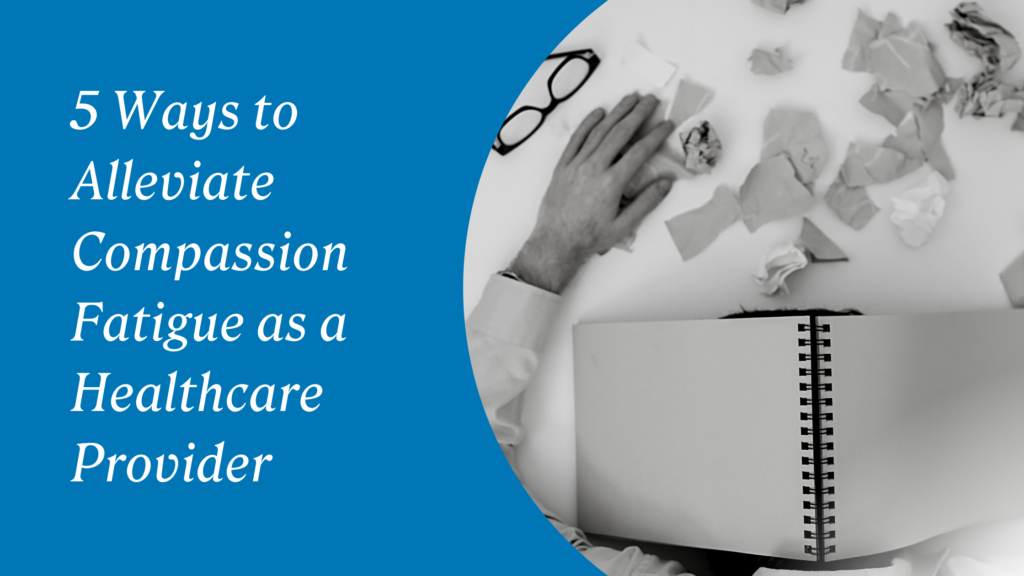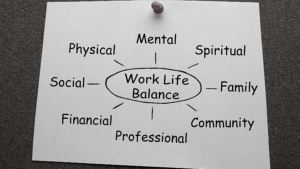As athletic trainers, we often hear and talk about burnout. The feeling of being overwhelmed, unappreciated, and exhausted by work. Burnout is a common problem among healthcare workers and although we go into this work with a deep desire to help people, oftentimes we end up working long hours with little support from our workplace.
But there’s another challenge that gets less attention than burnout: compassion fatigue.
Compassion fatigue is an emotional reaction to the stress of caring for clients who are suffering and in need of help. It can cause us to feel overwhelmed by our clients’ problems, drained by the care we selflessly provide, or just generally depressed or hopeless about our ability to help them. Let’s say it’s the negative cost of caring.
Compassion fatigue can happen when you’re working with any kind of client who needs help, but it’s especially common among healthcare workers, like athletic trainers.
If you find yourself feeling more and more negative while at work, you may be experiencing compassion fatigue. As we come to the close of another school year, this feeling is probably prevalent, so we’re sharing some things to keep in mind and ways you can cope:
1. Know you’re not alone. Compassion fatigue can drive the feeling of “no one understands/gets it”, but remember: you’re never alone. Reach out to a colleague, former schoolmate, or supportive friend who can hold a non-judgmental space for you. Speaking our struggles aloud to process them can go a long way! It’s okay to feel burned out, stressed, and overextended, especially when you give so much to other people. To learn more about the importance of finding community in the profession, click here.
2. Having a facility that runs like a well-oiled machine allows the practitioner the space to focus on how to improve the quality of their care. Compassion fatigue is impacted when we delegate tasks in one part of our work, eliminating stress we would have otherwise held, and creating more room for the patients we’re intended to serve. It’s an indirect way to lower our fatigue levels.
3. Take care of yourself and identify healthy ways to relieve stress! Working in a profession that gives so much to others, we often put our own self-care on the back burner. Hydrate, move your body, nourish yourself properly, get into nature, practice mindfulness, etc. We must fill up our cups, first!
4. Remember that it’s okay to take a break. Use your weekends or downtime wisely and prioritize some fun and relaxation!
5. Feel your feelings and express them in a healthy way by talking with a therapist or trying CBT (cognitive behavioral therapy). Caregivers need care, too! If you’re looking for something accessible and on your own terms, try online-therapy.com!
Once you have clarity on the signs of compassion fatigue, you can learn how to address them with practical coping strategies and thrive in any season of life and/or work.
If you’re a healthcare professional and this message resonated, chances are you have or are experiencing compassion fatigue. While it may feel like a natural part of the job, it doesn’t have to be!
If you want to dive deeper into this topic, search “compassion fatigue” under “Browsing courses” on MedBridge and save $200 on your yearly membership using code THEATVANTAGE at checkout.






